News and Stories
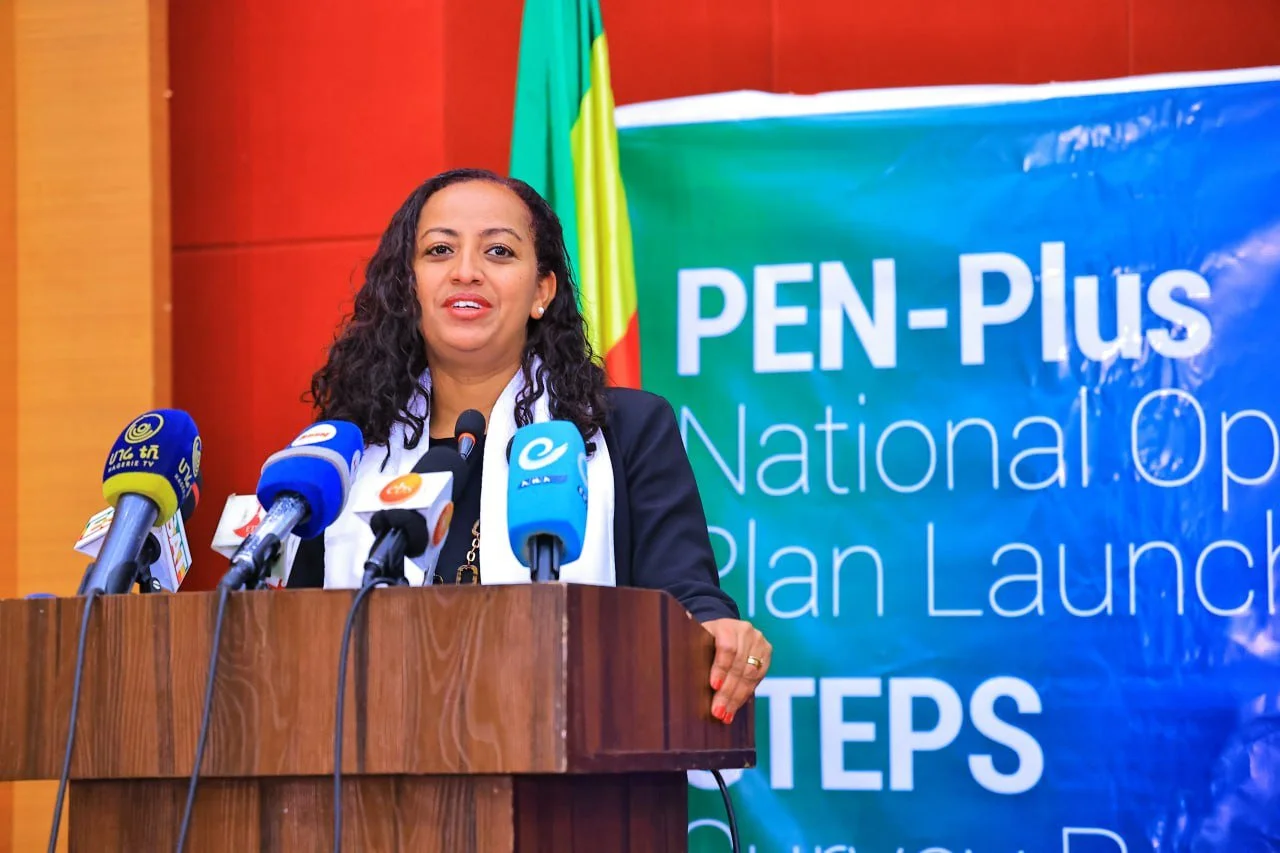
Ethiopia Launches PEN-Plus National Operating Plan
The NCDI Poverty Network joined with the Government of Ethiopia, the Mathiwos Wondu Foundation, the World Health Organization, and other partners in a recent ceremony to launch Ethiopia’s PEN-Plus National Operational Plan, marking another major milestone for the growth of PEN-Plus in sub-Saharan Africa.

Kenya’s Milestones in Noncommunicable Disease Care Follow Years of Collaboration
The Kenya Ministry of Health, NCD Alliance Kenya, NCDI Poverty Network, and partners convened for Kenya’s inaugural National NCD Conference, which featured the launch of a PEN-Plus National Operational Plan.

‘A Real Winning Strategy’: New Partnership Aims to Improve Global Access to Type 1 Diabetes Care
ALIGN-T1D includes global funders of type 1 diabetes programs, leading producers of diabetes medicines and technologies, and members of the worldwide type 1 diabetes community.
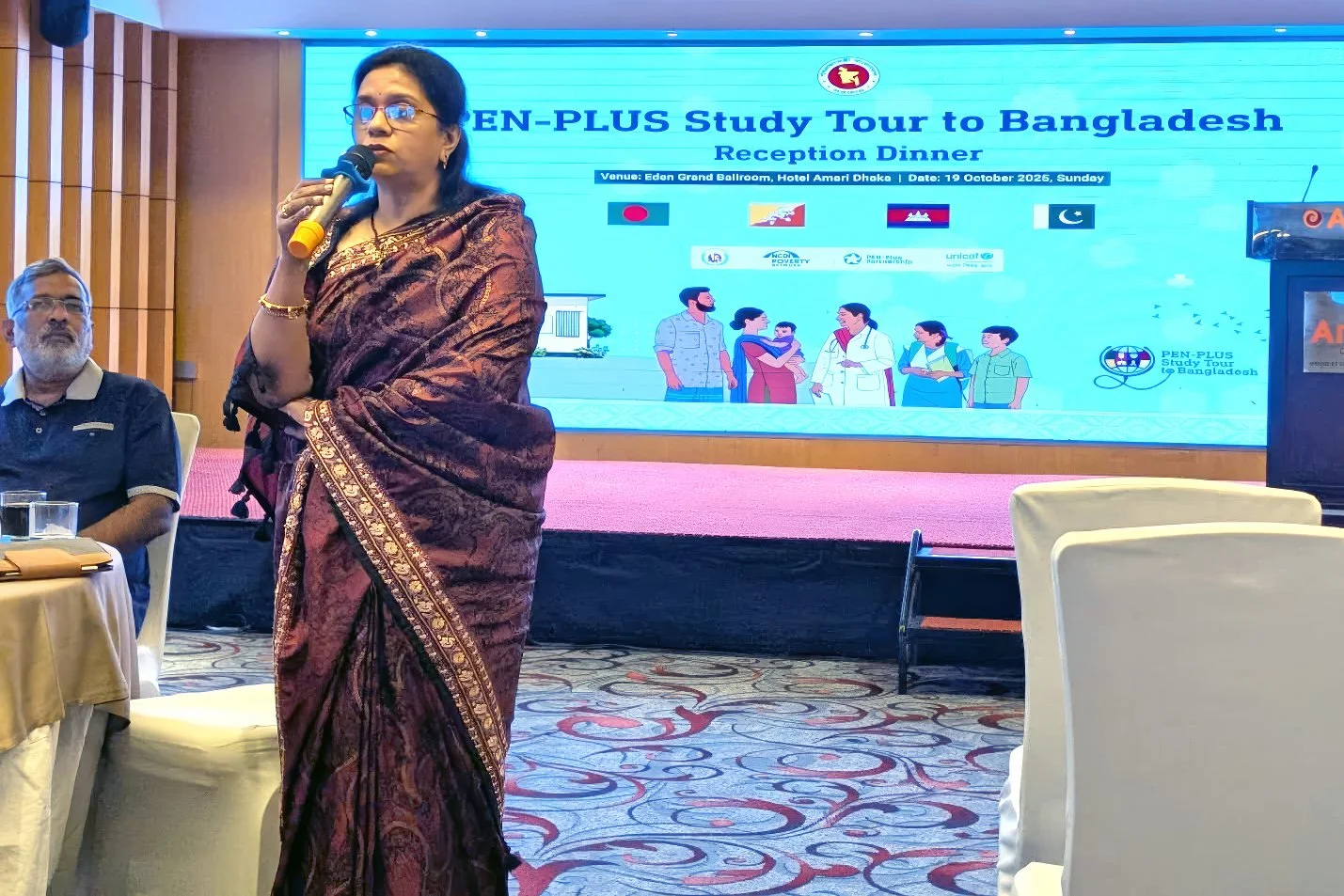
Bangladesh Study Tour Reveals a Strong PEN-Plus Foundation
The October tour showed the strong work of a relatively young PEN-Plus program that is poised for growth, reflecting the adaptability of the integrated model of care for noncommunicable diseases.

PEN-Plus in the (Other) Spotlight During UNGA Week
During the opening plenary of the Sept. 25 High-Level Meeting on NCDs and Mental Health, at the UN General Assembly in New York City, repeated mentions of PEN-Plus as a successful strategy for addressing NCDs formed a show of unity in a week often noted for dissension.
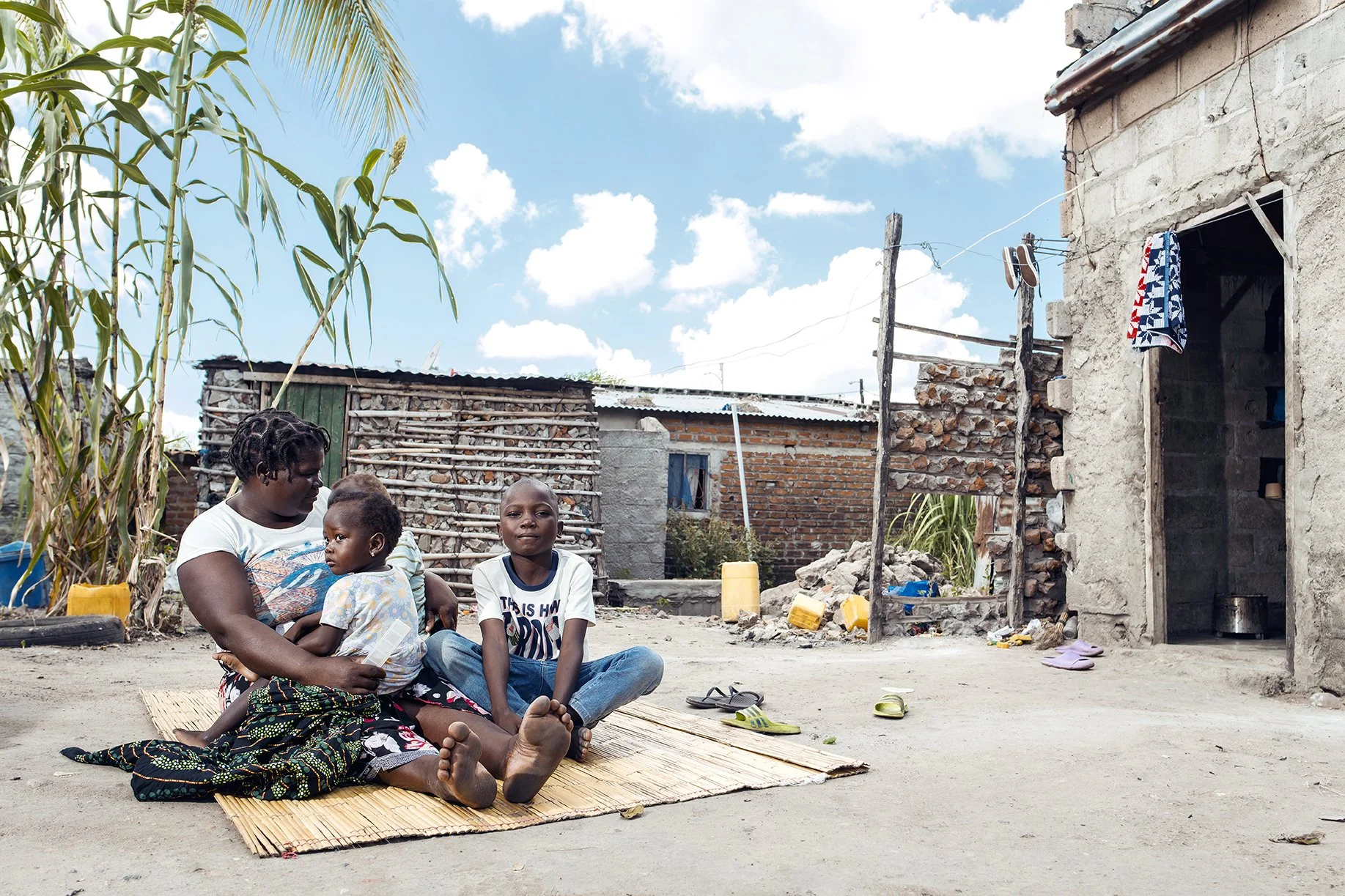
Making the Case for Inclusion of Children Ahead of the United Nations High-Level Meeting on NCDs
A commentary authored by Network and UNICEF leaders and published in August by The Lancet Child & Adolescent Health makes the case for better care for children and adolescents living with severe, chronic NCDs in settings of extreme poverty, a case that’s also reflected in the Network’s position statement ahead of the United Nations High-Level Meeting on NCDs in September.

Republic of Somaliland Joins the Network
In a launch event in late July, the Republic of Somaliland announced a partnership with the NCDI Poverty Network to support people living with severe, chronic noncommunicable diseases through PEN-Plus. In a statement, the Ministry of Health Development of the Republic of Somaliland noted the partnership “marks a significant step forward in strengthening the ministry’s efforts to improve health services, particularly in addressing noncommunicable diseases.”

Webinar Series Solidifies PEN-Plus Collaboration Among Francophone Countries
Health officials from several French-speaking countries in western and central Africa have begun meeting in a new webinar series to share—in French—their challenges and successes in expanding care for people living with severe noncommunicable diseases. The new series solidifies a groundbreaking collaboration that began with a February study tour in Sierra Leone.
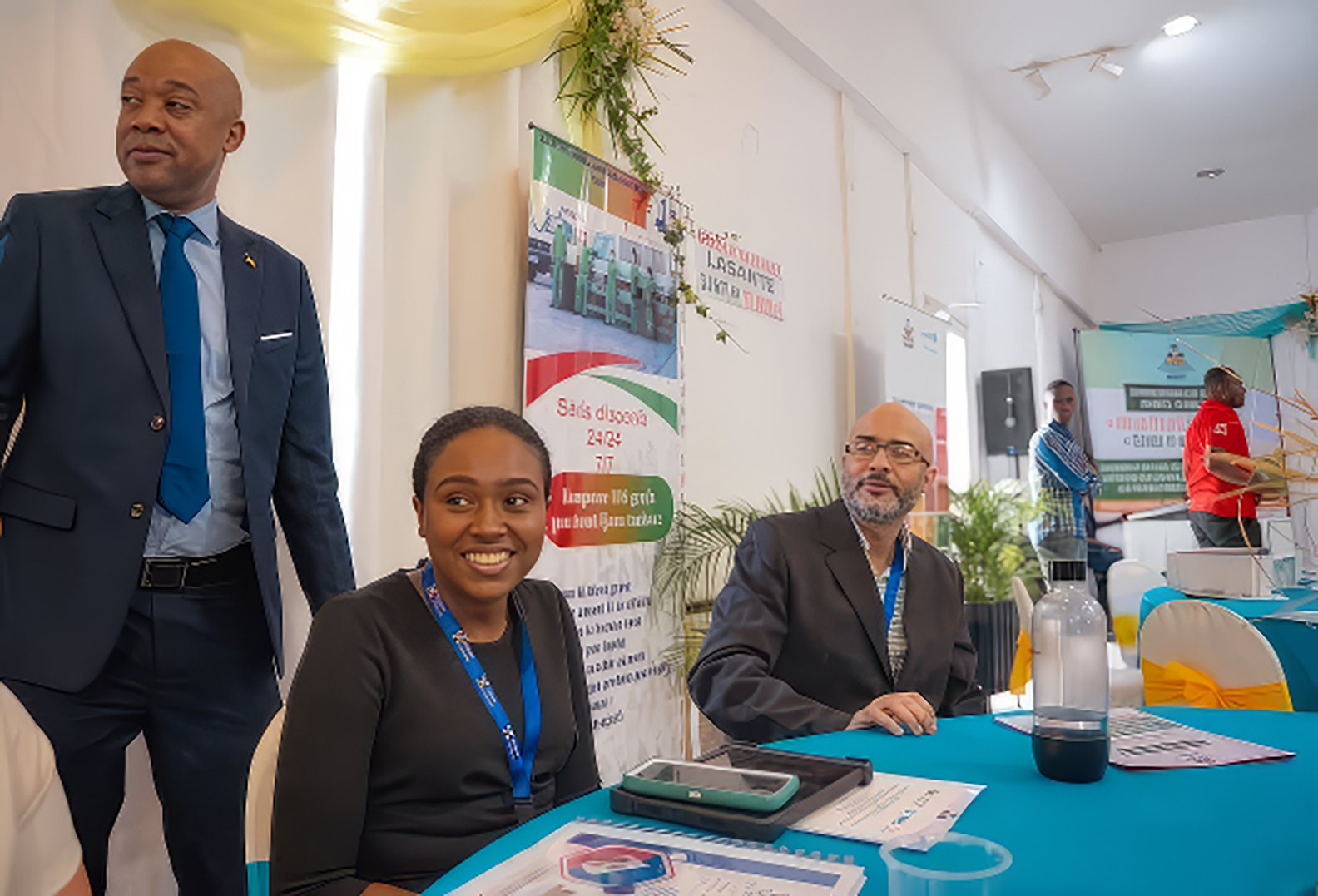
Courage and Clarity: Haiti Publishes NCD Report Despite Obstacles
More than 150 people recently gathered in Port-au-Prince for the formal launch of Haiti’s NCDI Poverty Commission report on noncommunicable diseases, injuries, and poverty. The updated and expanded report, which Commission members began drafting in 2019, represents the country’s commitment to health equity despite ongoing national challenges.

Zimbabwe Finalizes National Operational Plan for PEN-Plus
Zimbabwe recently finalized its national operational plan for PEN-Plus, becoming the first country to do so among the dozen nations that began implementing PEN-Plus in 2022–23. “This plan shows the great commitment of Zimbabwe’s Ministry of Health and its supporting partners to take the lessons learned from its initial experience with PEN-Plus to the next level,” said Dr. Neil Gupta, senior director of policy for the NCDI Poverty Network.

The Missing Pieces: The Network Publishes a Statement on the Global NCD Agenda
The NCDI Poverty Network recently published a position statement that identifies the crucial pieces—and populations—missing from the global NCD agenda. With this statement, the Network seeks to inform policy discussions in the lead-up to the Fourth United Nations High-Level Meeting on the Prevention and Control of Noncommunicable Diseases, slated for September.
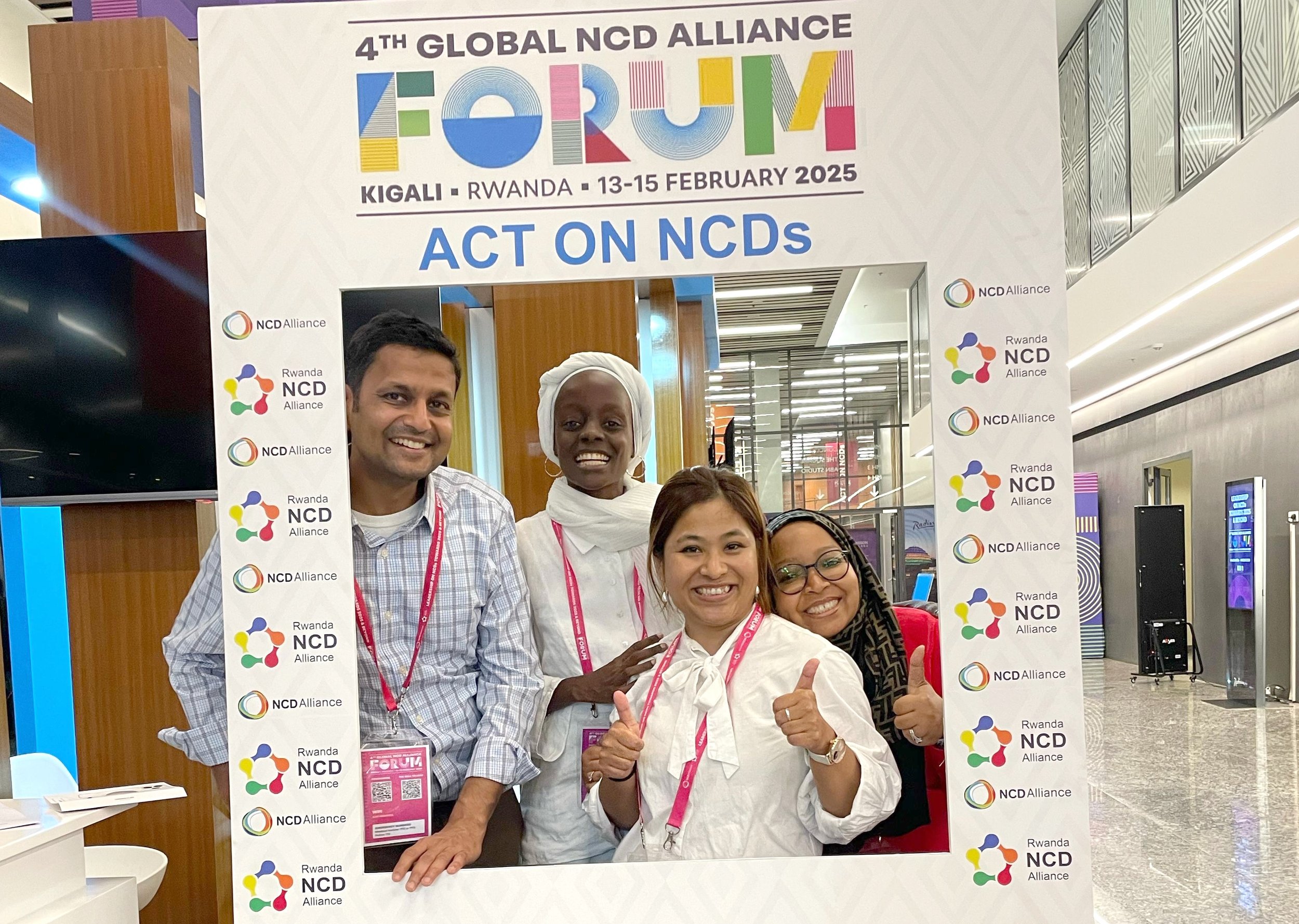
‘A Solution That Works’: PEN-Plus Praised at the Global NCDA Forum
The NCDI Poverty Network’s recent week of advocacy in Rwanda included visits to two hospitals, a conference with more than 700 attendees, a panel with four expert speakers, and one recurring theme: the recognition that PEN-Plus is an effective model for mobilizing action and financing to increase access to care for people living with severe, chronic noncommunicable diseases.

Health Officials from Francophone Countries See PEN-Plus Firsthand
A “game-changing” study tour of a PEN-Plus clinic in Sierra Leone introduced Ministry of Health officials from six other Francophone nations to the role integration can play in providing quality care for people living with severe noncommunicable diseases in low- and lower-middle-income countries.

Springboard for Action
The PEN-Plus Partnership Strategic Plan (2025–2028) had its official launch at Springboard for Action, an event celebrating progress toward global access to care for people living with severe, chronic noncommunicable diseases. The NCDI Poverty Network hosted the event in New York City in September on the sidelines of the 79th Session of the U.N. General Assembly.

Photo Gallery: ICPPA 2024
At the first International Conference on PEN-Plus in Africa, the science was serious and the messages meaningful. NCDI Poverty Network participants showed their passion and compassion throughout the conference—and even shared moments of levity.

PEN-Plus Partnership High-Level Advisory Group Convenes in New York City
The High-Level Advisory Group of the PEN-Plus Partnership met in New York City on 19 September to discuss the progress and future of PEN-Plus, an integrated care model that diagnoses and treats severe noncommunicable diseases in rural areas of low- and lower-middle-income countries, where more than 90 percent of the world’s poorest people live.
